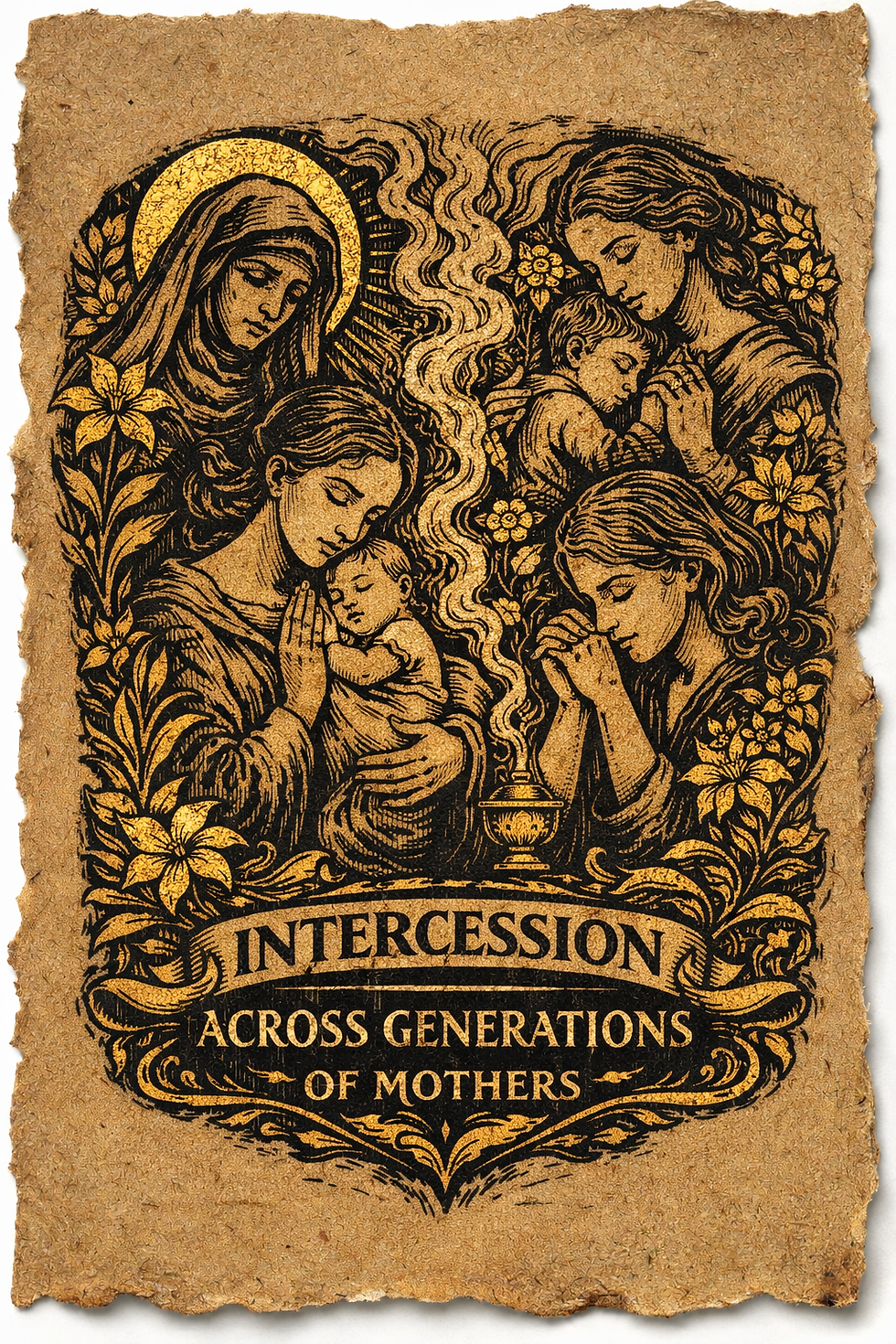Embracing Communion as Community
- Fiach OBroin-Molloy

- Jan 29, 2024
- 3 min read
Communion, in its essence, transcends the mere act of partaking in the Eucharist. It embodies a profound sense of shared spiritual connection and community, both past and present. In this exploration, we delve into the rich historical roots and contemporary interpretations of communion as a communal experience, drawing from sacred texts, historical accounts, and modern theological perspectives.

Historical Roots: Communion as Community
Communion finds its origins in the Last Supper, where Jesus shared bread and wine with his disciples, instructing them to do the same in remembrance of him (Luke 22:19). This act of communal sharing formed the foundation of fellowship and solidarity, emphasising the importance of unity and mutual support among believers.
In the early communities, communion was not merely a ritualistic practice but a deeply communal experience. Believers gathered regularly to share meals, prayers, and spiritual teachings, fostering a sense of belonging and interconnectedness (Acts 2:42-47).
Sacred Texts: Communion and Community in Scripture
Throughout the Bible, communion is portrayed as a communal act that binds believers together in fellowship and love. In 1 Corinthians 10:16-17, the apostle Paul emphasises the unity of believers through the sharing of the bread and cup: "Because there is one bread, we who are many are one body, for we all partake of the one bread."

Similarly, in Acts 2:42, communion is described as a central aspect of early worship: "And they devoted themselves to the apostles' teaching and the fellowship, to the breaking of bread and the prayers." This passage underscores the communal nature of communion, highlighting its role in strengthening the bonds of faith and fellowship.
Historical Accounts: Communion Practices Through the Ages
Throughout history, communion has taken on various forms and practices within different traditions. In the early Church, communion was often celebrated in the context of a communal meal known as the Agape Feast, where believers gathered to share food, fellowship, and spiritual teachings.
During the Middle Ages, communion evolved into a more structured ritual within the Catholic Church, with the introduction of liturgical prayers, hymns, and ceremonial elements. Despite these changes, the underlying principle of communion as a communal experience remained central to worship.
Modern Interpretations: Communion in Contemporary Contexts
In today's diverse Christian landscape, communion continues to hold significance as a communal expression of faith and unity. In Protestant traditions, communion is often celebrated as a symbolic remembrance of sacrifice, emphasising the spiritual bond shared among believers.
In Catholic and Orthodox traditions, communion is viewed as a sacramental encounter with the divine, where believers partake of the body and blood of Christ in a mystical communion with God and one another.

Contemporary Perspectives: Communion as Community Renewal
In recent years, there has been a renewed emphasis on the communal aspects of communion within communities. Many churches are exploring creative ways to foster greater participation and engagement during communion services, such as interactive rituals, communal prayers, and shared reflections.
Some theologians advocate for a broader understanding of communion that extends beyond the confines of the church sanctuary. They argue that communion should encompass acts of social justice, compassion, and solidarity, reflecting the call to love one another and care for the marginalised.
Communion serves as a powerful reminder of the interconnectedness of faith, fellowship, and community tradition. From its humble beginnings in the Last Supper to its diverse expressions in contemporary worship, communion remains a sacred bond that unites across time and space.

By embracing communion as a communal experience, we can cultivate deeper connections with one another and with the divine, enriching their spiritual journey and strengthening the bonds of love and solidarity.
References:
The Holy Bible: English Standard Version. (Luke 22:19; 1 Corinthians 10:16-17; Acts 2:42).
MacCulloch, D. (2011). Christianity: The First Three Thousand Years. Penguin Books.
Hall, S. G. (1997). Worship and Music in the Christian Tradition: An Historical Survey. Abingdon Press.
Radcliffe, T. (2005). Why Go to Church?: The Drama of the Eucharist. Continuum.
Johnson, E. L. (2003). The Mystery of Faith: An Introduction to Catholicism. Paulist Press.
Kasper, W. (2005). The Eucharist: Sacrament of the Kingdom. Liturgical Press.



Comments